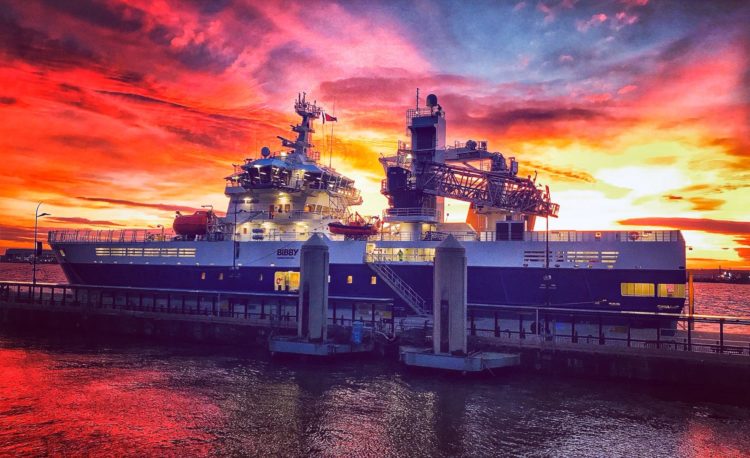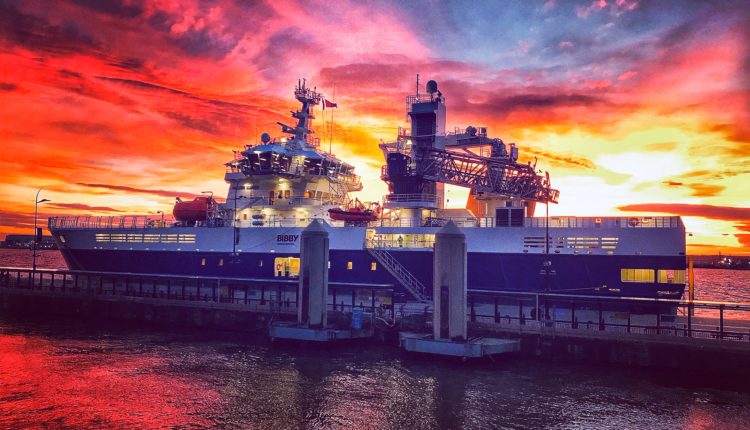Bibby looks to ‘revolutionise’ global maritime emissions
Family-owned Bibby Line Group, one of Liverpool’s oldest companies, says its project to cut shipping carbon emissions could ‘revolutionise’ the global shipping sector. Tony McDonough reports

One of Liverpool oldest businesses Bibby Line Group (BLG) has started a carbon reduction research programme it claims could “revolutionise” the global shipping sector.
Public perception of carbon emissions from transport often focuses on cars and planes, but maritime is one of the biggest emitters. Global shipping accounts for 3.5 to 4% of all man-made carbon emissions.
Marine fuel, especially the bunker fuel used by ocean-going vessels, is pretty toxic stuff. It is a tar-like sludge that contains 3,500 times more sulphur than the diesel used for cars.
Established as a shipping company in Liverpool in 1807, BLG is now a diverse business, operating in 16 countries and turning over more than £800m. The group employs 4,000 people in retail, financial services, distribution, marine and construction equipment hire.
One of its key subsidiaries is Bibby Marine. It owns and operates the Bibby WaveMaster ‘walk-to-work’ service operations vessels, offering easier access to offshore work facilities such as oil rigs and wind farms. It also operates six floating accommodation barges.
READ MORE: Stena Line aims to operates electric vessels by 2030
Turning over £24m a year, Bibby Marine played a major role in helping the Port Authority of Singapore keep its port workers safe during the COVID-19 pandemic. It supplied two of its accommodation barges to house port workers and minimise contact and travel.
Project Compass, is BLG’s commitment to become an increasingly sustainable business and minimise its carbon footprint. Within that Bibby Marine has joined with other maritime industry leaders to launch the Wavemaster Zero C project.
In its latest company accounts, filed at Companies House, BLG said that the Zero C initiative “aims to analyse and determine which alternative fuel is best suited to the next generation service operation vessels”. It added: “The results of this project have the potential to revolutionise the global shipping industry.”
Elsewhere the group, which is still more than 90% owned by the Bibby family, is also striving to slash its carbon footprint. It’s heavy plant hire business Garic now operates a fleet that is 60% eco/hybrid. The solar energy it delivers is enough to power the average UK home for eight months.
And BLG is also cutting carbon emissions in its distribution arm through its ‘Road to Zero’ programme. During 2020 the division reduced CO2 per vehicle by 12.3% and reduced CO2 per sq ft of warehouse space by 60%.
In August, LBN reported that BLG had returned to profitability in the first half of 2021 as it reported narrowing losses for the full year in 2020. It revealed pre-tax losses of £26.6m for the year to December 31, 2020, an improvement on the £29.7m loss in 2019. It’s turnover for 2020 was £833m, broadly similar to 2019’s revenue figure of £835m.

